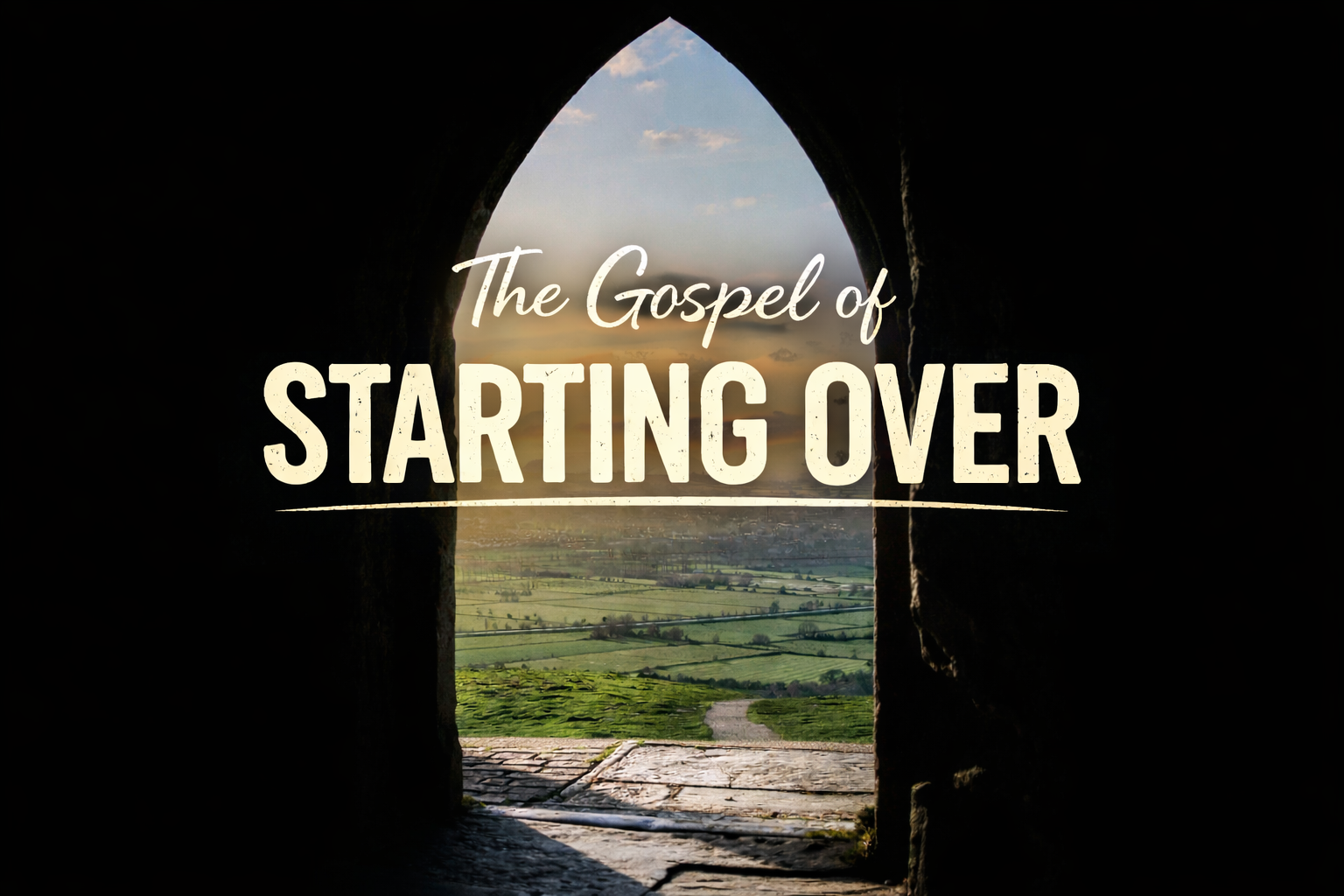Few admit the folly and sinfulness of their selfish ambition. I did not for many, many years. Recent affliction brought it out of me, and I have come to repentance. Why do we not see or admit our selfish ambition? Because it is, at the core, selfish. And no one hopes to attach themselves to selfishness. Selfishness seems to define those who build their lives around themselves – their desires, their dreams, their hopes. Now, it is not wrong to dream. It is not wrong to desire or hope. But, it is wrong to dream, desire, and hope in neglect of a submission of the heart to the will of the LORD.
Selfish ambition contrasts from godly ambition in that selfish ambition places the ownness, the power, and the hope on the self, while godly ambition admits weakness and incapability on the part of the self, and recognizes that the LORD will do as he pleases (Job 42:2) for both the good of those who love him and for his glory.
Furthermore, unattachment from selfish ambition means that one must often divorce their desires from themselves and their actions. They must become independent from their longings. They must forsake their own will and submit to the will of the LORD. Though the will of the LORD – his sovereign will of decree – will always come to pass, man may attempt (due to his confidence in the flesh, which Paul condemns in Philippians 3:3) to war against it.
Man’s desires and hopes and dreams may consume him to the degree that he rushes at a feverish pace in attempt to expedite the will of the LORD and make things happen. But, why, and how, do things happen? By the power of man? No. “Does disaster come to a city, unless the Lord has done it?” (Amos 3:6). And, even in regards to the matter of effort, does man work hard of his own accord? No, but by grace. “But by the grace of God I am what I am, and his grace toward me was not in vain. On the contrary, I worked harder than any of them, though it was not I, but the grace of God that is with me.” (1 Corinthians 15:10)
In hopes of reassurance and security, man equates his will with the will of the LORD and assumes certain attainment. But, in doing so, man forgets the LORD. He, as Tom Henry says, commits “practical atheism,” plays “God,” and draws from his own resources and sufficiencies (there are none to draw from). Unsurprisingly, man soon finds himself anxious, frustrated, and in despair.
It seems then, that man forfeits much in this sequence, all for the sake of inner turmoil, and perhaps its outer manifestations as well. So, what do we miss when we rush? Why is selfish ambition a foolish exchange?
We miss freedom. There is a peculiar freedom that accompanies those who cling to the will of the LORD and wait for him. Yes, actually wait on his will, and not our own, to come to pass. Perhaps we might find our will align with his. Perhaps not. But, for those who hide their lives in him, they enjoy the beauty of not attaching oneself to outcomes or circumstances, but rather to a person. This is how Paul could say, “I learned in whatever situation I am to be content” (Philippians 4:11). He found all he needed in the person of Jesus Christ. We often think freedom hides on the other side of a fulfilled desire, but freedom lives in him alone (2 Corinthians 3:17). Oh, that I would embrace him as worthy of my whole life, and long for and cling to him alone.
And, in freedom, there is enjoyment. In the LORD, we will discover the wonder of joy. “I have set the Lord always before me; because he is at my right hand, I shall not be shaken. Therefore my heart is glad, and my whole being rejoices; my flesh also dwells secure” (Psalms 16:8-9). Look at this! The LORD is before him. So, he submits to the LORD. The LORD leads him, he yields to the LORD’s command, and, notice what he says. Notice! He not only says, “I shall not be shaken.” Though that is grounds enough for rejoicing, he goes on. Look at his conclusion. “Therefore, my heart is glad, and my whole being rejoices.” There is a fast track to joy. There is something to savor! Why did he conclude that? What prompted the “therefore”? Because he has set the LORD always before him. What a discovery!
We also miss trust. We cannot see another as trustworthy if we only trust ourselves. We cannot see another as trustworthy if we fail to consider their power and authority. Or, worse, we overestimate our own power and authority. “Blessed is the man who trusts in the Lord, whose trust is the Lord. He is like a tree planted by water, that sends out its roots by the stream, and does not fear when heat comes, for its leaves remain green, and is not anxious in the year of drought, for it does not cease to bear fruit” (Jeremiah 17:7-8). We not only miss trust, but, in our neglect to trust the LORD, we miss blessedness. And, we miss a freedom from anxiety and a security that supersedes all circumstances.
The cost of selfish ambition is anxiety, worry, and pressure. Of course, these may also present as disappointment, frustration, and despair given an unfavorable set of circumstances. Let’s call it what it is. It is a foolish exchange. But examine the worthiness of the alternative! This is real! This is available! Pray with me that we would recognize the foolishness in our selfish ambition and long for the things of God, to submit to his will and surrender our own.




